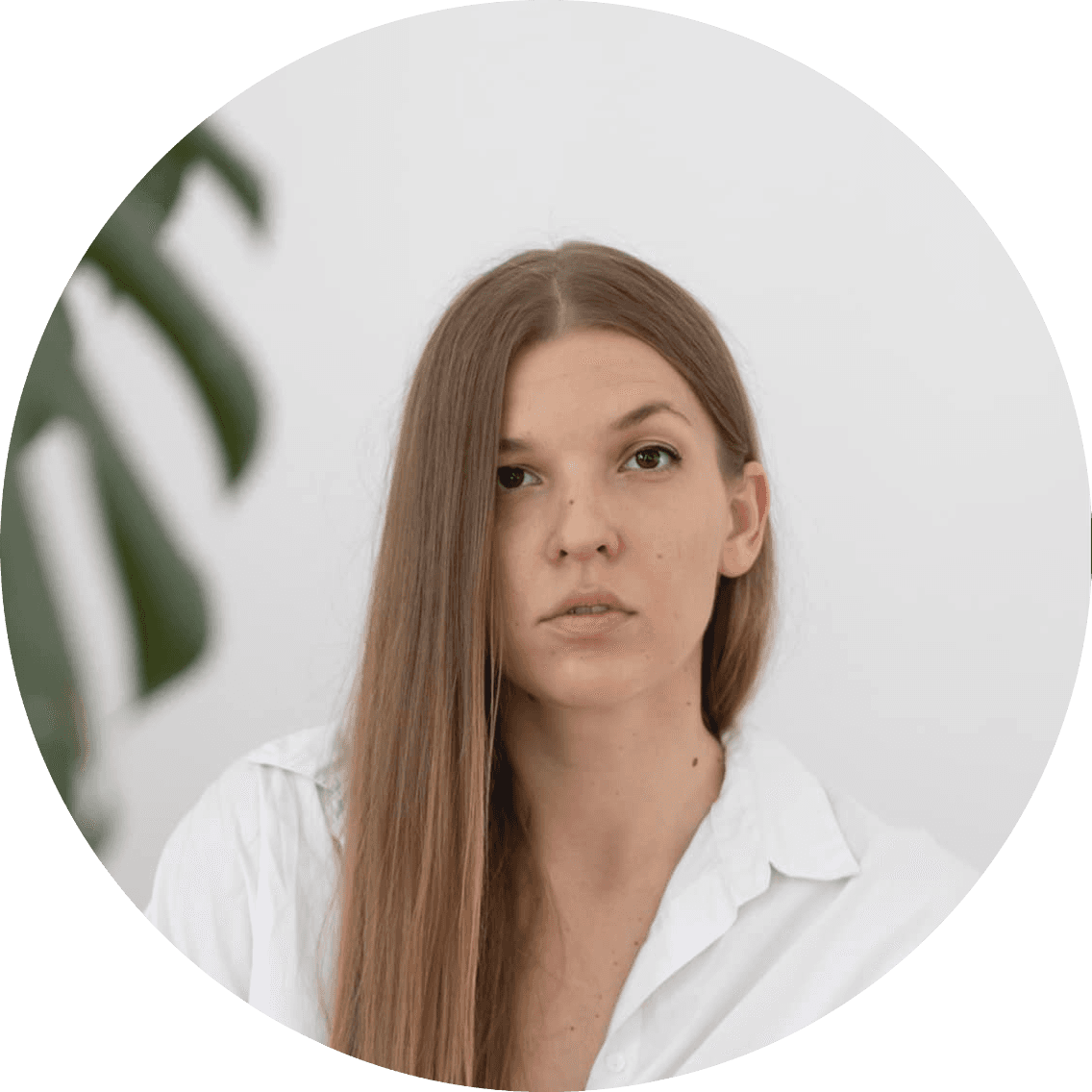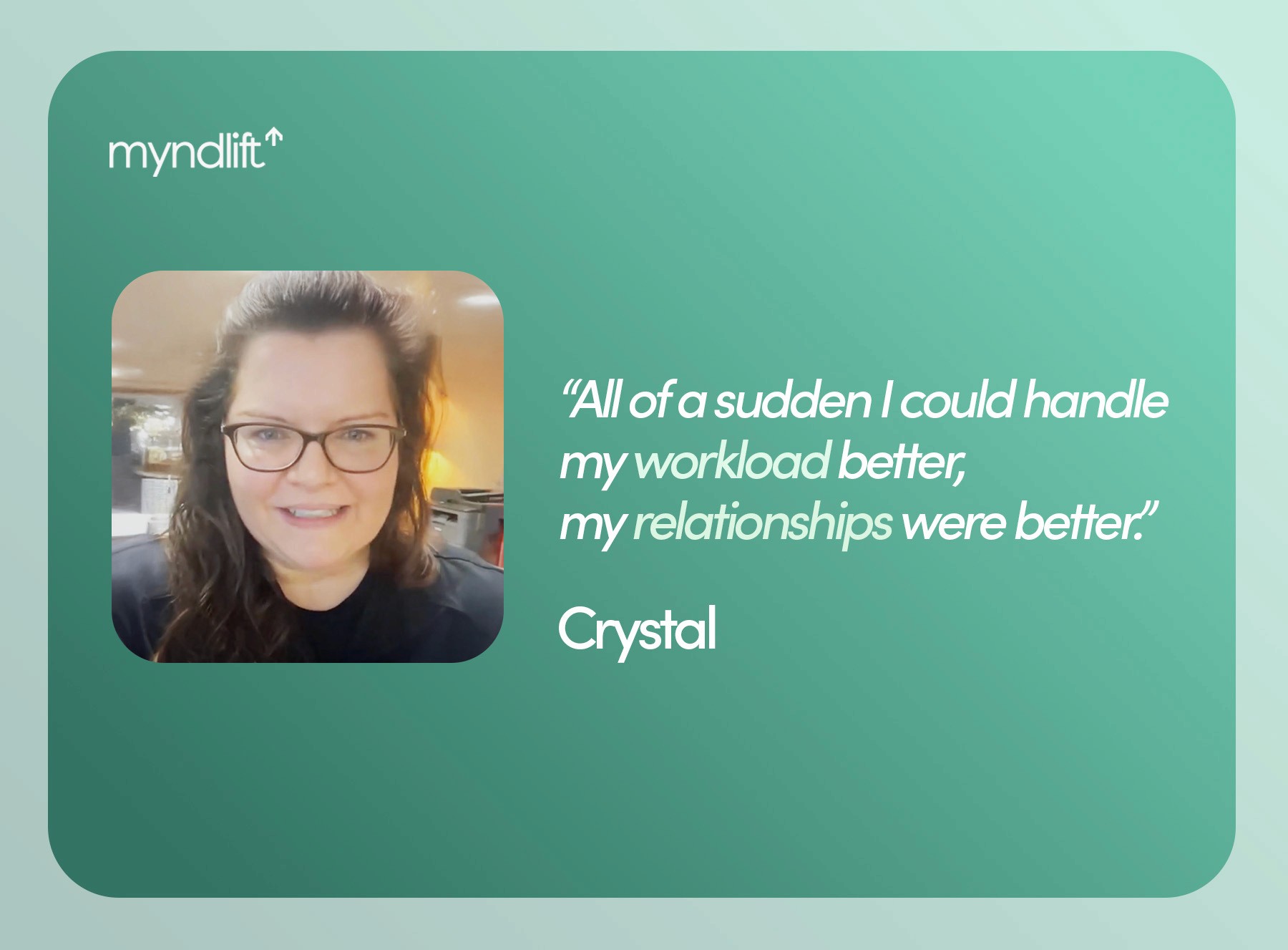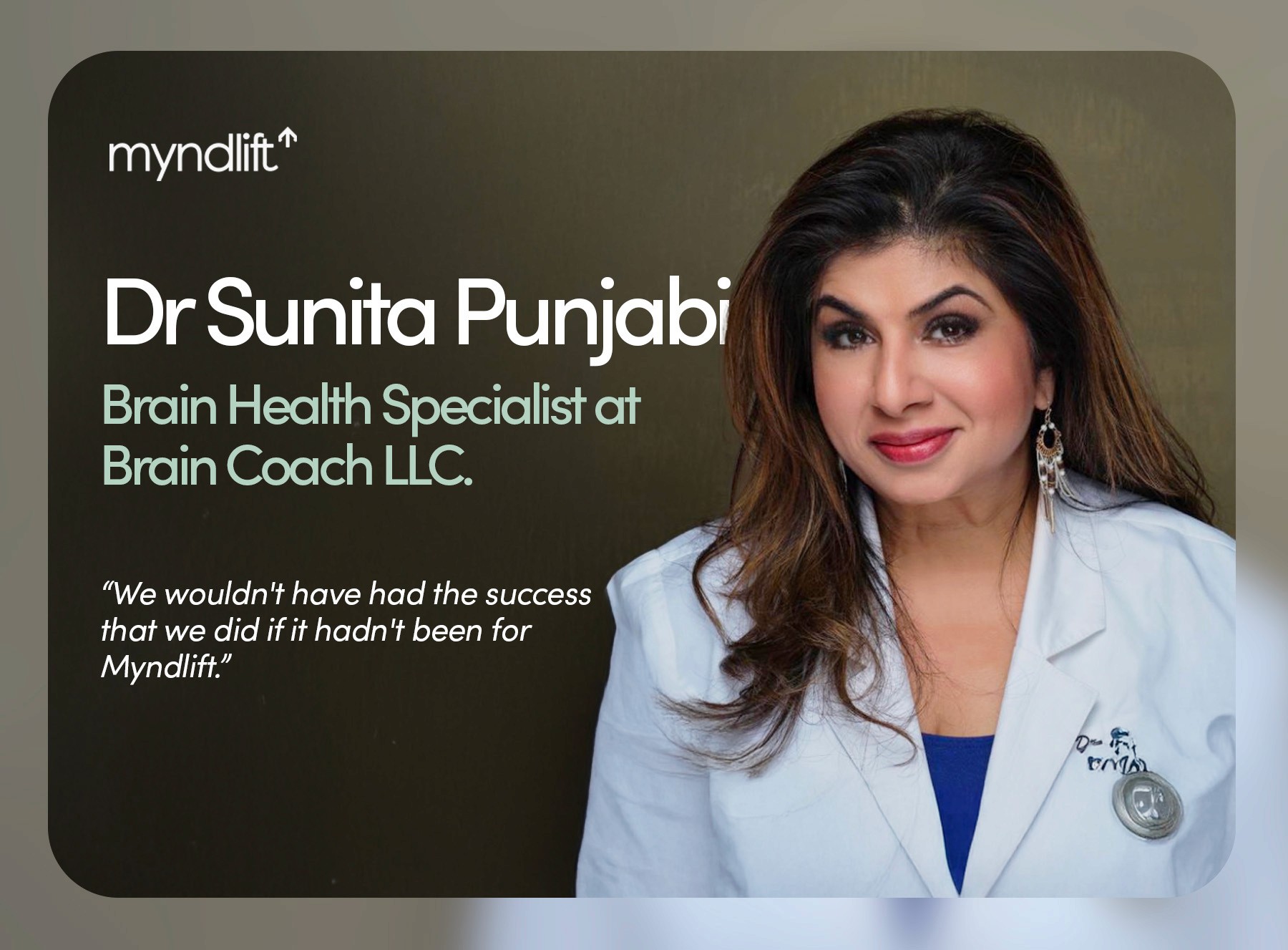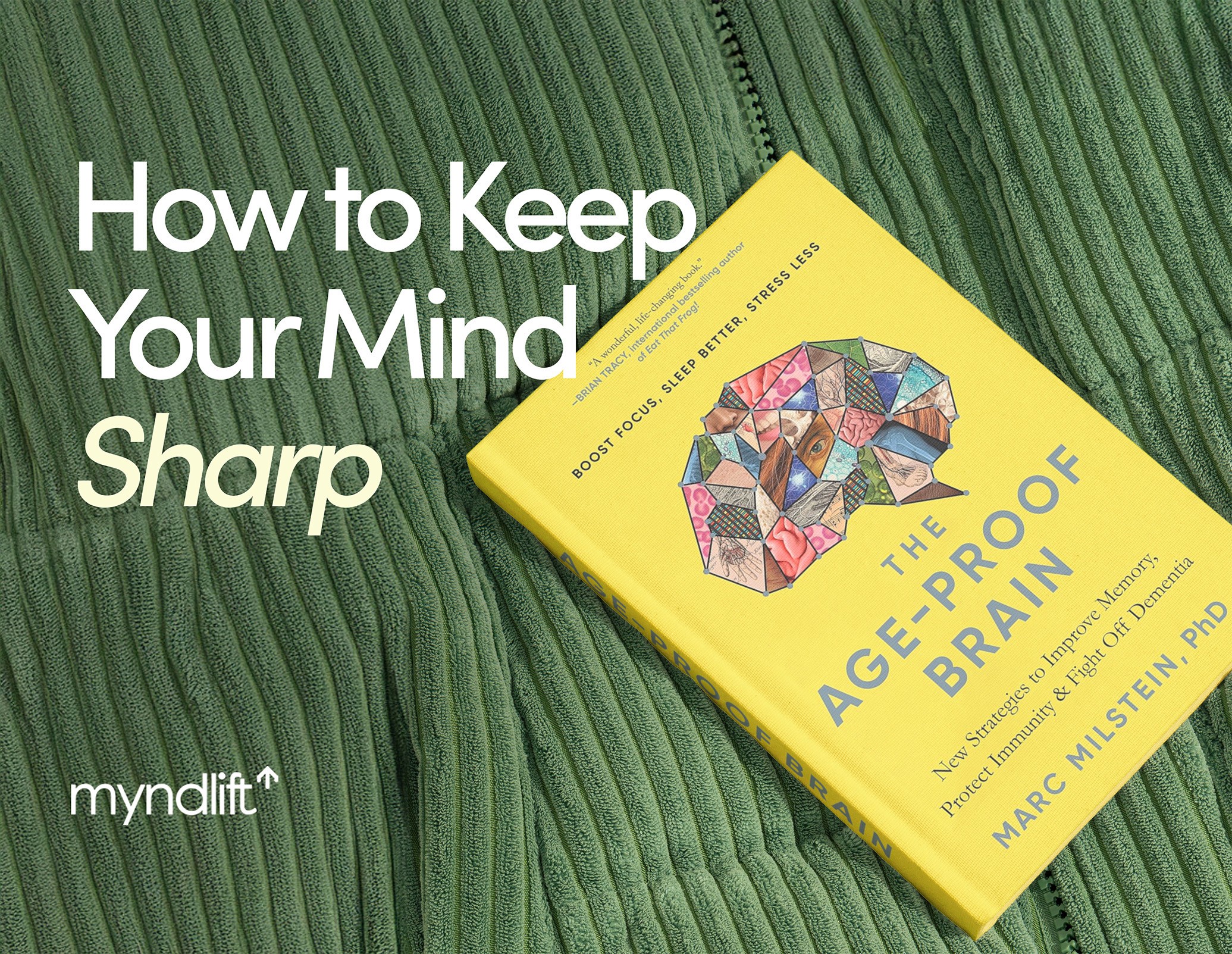With just a few swipes and scrolls, your phone screen can flood you with a myriad of mental health content on social media platforms, each offering a glimmer of hope and respite.
And it's a comforting feeling, knowing that help is just a click away, especially in moments of vulnerability.
However, while the mental health tools and strategies shared across social media platforms can provide valuable advice in a time of crisis, they are by no means a replacement for professional help.
Most importantly, they should be approached with care, discernment, and critical thinking because not all information is accurate, reliable, or suitable for your unique needs.
In order to efficiently spot mental health content creators who share information that can be potentially harmful to your wellbeing, look out for these five warning signs:
1. They’re Not Sharing Their Credentials 🚩
A genuine mental health professional, therapist, or expert should be transparent about their qualifications, experience, and credentials.
In order to make sure that the creator is credible, try doing the following:
Check the creator's bio: See if they specify whether they are a mental health professional. If they are, they're likely to also include their area of expertise and link to a place where you can read more about them.
Search for their name online: If their bio has limited information, try to find them via several different sources, such as Linkedin, their private practice website, or blogs such as Psychology Today or Psych Central.
Check if they are licensed: You can check if the creator is currently licensed by going through the state licensing board websites or a resource like the Association of State and Provincial Psychology Boards.
If the creator's bio does not explicitly mention them being a mental health professional but rather a mental health advocate, it's important to approach their content with caution.
Mental health advocates, while not licensed professionals, can still provide valuable insights and support. However, their content should be regarded as personal experiences and general advice rather than professional guidance.
2. They Claim One Approach Is the Ultimate Solution 🚩
There's no one-size-fits-all solution, and treatments should always be tailored to unique circumstances. So, if you notice content that insists on a single therapeutic approach as superior to all others, be cautious and seek guidance from a qualified and unbiased source that understands the nuances of mental health treatment.
For example, mental health professionals receive training in a range of modalities like CBT (cognitive behavioral therapy), EMDR (eye movement desensitization and reprocessing), gestalt therapy, somatic therapy, neurofeedback, and art therapy.
While they may specialize in and favor one, proclaiming it as the ultimate solution online is dangerous because it can mislead you into believing that it's the only path to recovery, neglecting other potentially beneficial solutions.
For instance, if you’re guided to rely solely on CBT for trauma, you might miss out on approaches like EMDR or neurofeedback for PTSD, which could also supplement your treatment plan and help address your unique needs.
Keep in mind that in today's therapeutic landscape, most therapists prefer integrative approaches, tailoring their methods to meet the unique needs of each individual.
3. They Promote Self-Diagnosing
According to American Psychological Association (APA) social media guidelines, psychologists should avoid offering diagnoses, giving advice, or presenting themselves as conducting therapy or treatment sessions through social media.
Promoting self-diagnosing is potentially dangerous because it can lead to inaccurate assessments, reinforce stigmatization, and delay or prevent you from seeking professional help when needed.
To recognize a content creator who promotes self-diagnosis or labels, look for these signs:
Encourages labels: If a content creator suggests that you might have a mental health disorder based on common symptoms and then proceeds to offer advice or self-help techniques without emphasizing the importance of consulting with a mental health professional for a proper diagnosis and treatment plan, it's likely encouraging self-labeling and should be approached with caution.
Lacks credible sources: Content should be based on reliable sources and evidence. If the creator doesn't cite or refer to credible research, it may indicate a lack of expertise. For example, a responsible content creator will verbally mention the source or reference they are drawing information from or refer viewers to the profile description, where they have listed the sources or references used in their videos.
Sensationalism: Creators who sensationalize mental health conditions, using clickbait or alarmist language, may be more focused on engagement than responsible information sharing.
No disclaimers: Responsible mental health content usually includes disclaimers emphasizing the importance of consulting a qualified mental health professional for assessment and treatment.
4. They Promote Quick Solutions 🚩
Imagine you struggle with anxiety, and you're in the midst of a stressful workday. As you scroll through your phone, you come across a post that claims a brief one-minute breathing exercise can eliminate all your problems, leaving you instantly calm and anxiety-free.
So you do the exercise, but you’re still tense and anxious. This might lead to disappointment, frustration, and a delay in seeking more comprehensive and evidence-based mental health support you need.
Furthermore, this type of content oversimplifies complex mental health issues like anxiety and suggests that they can be instantly resolved with a brief exercise, ignoring the complex biological, psychological, and environmental factors that contribute to anxiety.
Such quick-fix claims can be misleading and potentially harmful, as they don't address the underlying causes of anxiety or the need for comprehensive, long-term strategies for managing it.
In order to easily spot oversimplification of mental health content, look for disclaimers about the importance of consulting with mental health professionals. If they are missing, it may be a sign that the creator is promoting quick solutions.
5. They Advocate for Concepts That Are Not Grounded in Science 🚩
Earlier this year, social media was buzzing with the concept of glimmers. The idea that a glimmer, which is considered the opposite of a trigger, might be the answer to regulating our overwhelmed nervous systems was all over the internet.
In fact, there are hundreds of articles online and more than 11.2 million posts with the tag #glimmers on TikTok that teach you how to find glimmers and use them to relieve stress.
But after a quick online search, you can discover that there's no strong scientific evidence behind this idea at all.
And when these concepts don't deliver as promised, they can potentially lead individuals to disappointment and harm. Here’s how you can effectively do research outside of social media, and explore new concepts with care:
Use academic search engines: Utilize academic search engines like Google Scholar, PubMed, or research databases provided by universities or libraries. These sources typically contain peer-reviewed, scientifically validated research articles and studies.
Search and evaluate research: Type in some keywords relevant to the topic in the academic search engine, and look through top results, including research on the effectiveness (or lack thereof) of the selected mental health concept.
Assess peer-review status: Peer-reviewed articles have undergone a rigorous evaluation process by experts in the field. Such articles are generally more credible. Look for indications that the source is peer-reviewed.
Summarize key findings in the abstract: Once you click on a study, read the section titled "Abstract" to grasp key findings. The abstract provides a concise summary of the research, including its objectives, methods, and key results.
Conclusion
While content shared on social media can provide valuable advice and a sense of hope and understanding, it's important to remember that what works for one may not work for all, and not all online content is created equal.
Red flags may be subtle, but they are there for you to spot, helping you differentiate between trustworthy advice and potential pitfalls.
So, as you scroll through the digital realm, your empowerment, your ability to discern, and your resilience are your greatest allies. With these tools in hand, you can navigate the maze of online mental health content, enhancing your well-being and inching closer to the peace you seek.
Check out our scientific research page from here, to learn more about the science behind Myndlift’s neuroscience-based, personalized brain training.
About the author:
Dubravka Rebic
Dubravka Rebic puts a lot of time and energy into researching and writing in order to help create awareness and positive change in the mental health space. From poring over scientific studies to reading entire books in order to write a single content piece, she puts in the hard work to ensure her content is of the highest quality and provides maximum value.
About the checker:
Kaija Sander, Ph.D.
Kaija Sander is a cognitive neuroscientist and scientific consultant for Myndlift. She holds a BSc in Biomedical Science with a specialization in Neuroscience and Mental Health from Imperial College London and a PhD in Neuroscience from McGill University. Her doctoral research focused on brain connectivity relating to second language learning success. She is passionate about the broader applications of science to have a positive impact on people’s lives.





